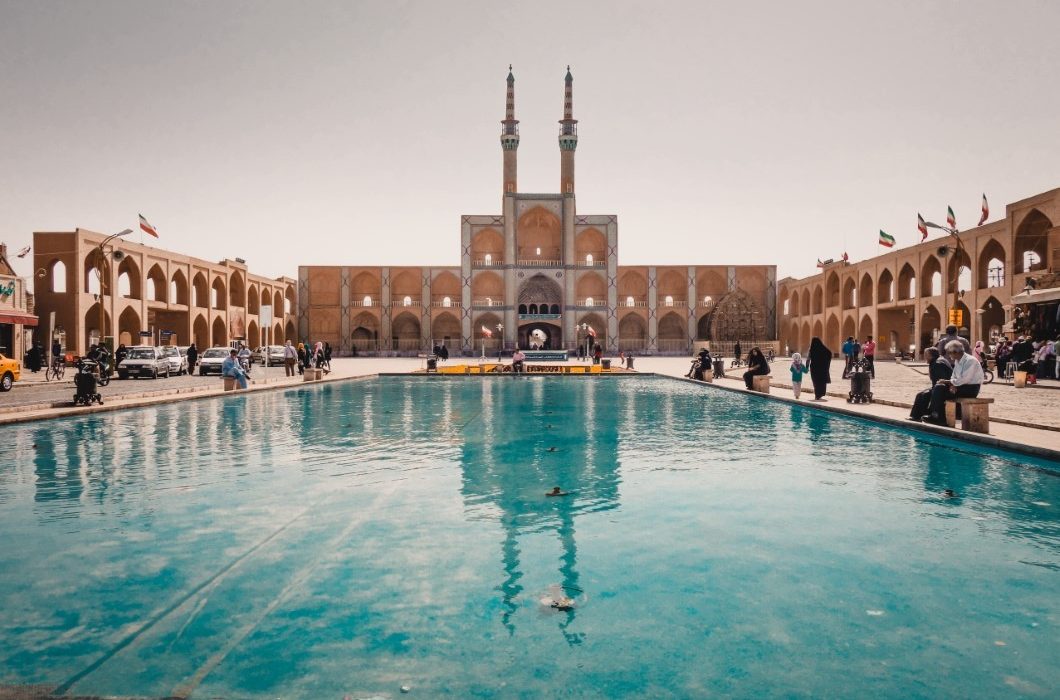
You might also like:
Some companies in the Iranian tourism sector, including the European ones, will be directly impacted by the end of the agreement between the USA and Iran and the resulting sanctions.
The destination was once again “popular” after the nuclear deal was signed in July 2015. It started off a race for hotel development in Iran. Up until now, American groups had to “watch the train pass”, with companies like Airbnb still being banned from investing in the country.
Now, with the end of the nuclear deal and new sanctions, the game could change for companies in Europe. Foreign companies will have 6 months to withdraw from Iran. The penalty could be being denied access to the US market.
The question arises especially for the French hotelier AccorHotels. The company has established itself in Iran since 2015. The group was first to open two units at the international airport of Imam Khomeini.
“Iran has become a strategic country for the group. We plan to develop a large network of units,” a representative of the French company said in January 2017. What will be the consequences of Donald Trump’s decision for the groups’ projects? For now, it is hard to predict future developments as well as the impact on the Iranian tourism.
Spanish Melia is the subject of a similar problem. In fact, the company announced in 2017 that they had projects “all over the country under the Melia brand”.
In terms of transport, American Boeing and European Airbus are also concerned. After years of economic isolation, Tehran wanted to modernize its aging fleet. Overall, it is a blow for the aviation tourism because Iran will need 400 to 500 airliners in the next decade. For their part, British Airways and Lufthansa, which had direct flights to Tehran, will have to stop these lines in order to continue operating transatlantic flights freely.
In 2003, Iran reported some 300,000 international tourists. By the fiscal year 2014-15, more than 5 million visitors arrived to the country. The number then continued growing to 6 million in the year ending March 2017.
The threats by the Trump administration have already affected Iranian tourism. Experts expect a fall in foreign visitors by 15% from the 2017 peak. Some estimates even suggest decreases of 40%.

The country’s ambitions, in any case, are strong. The goal is to welcome 20 million visitors by 2025. In 2016, the country welcomed 4.94 million international tourists. A hexagonal market that has meanwhile increased by 95%, while the destination has appeared in brochures of several tour operators.
Source: tourism-review.com
